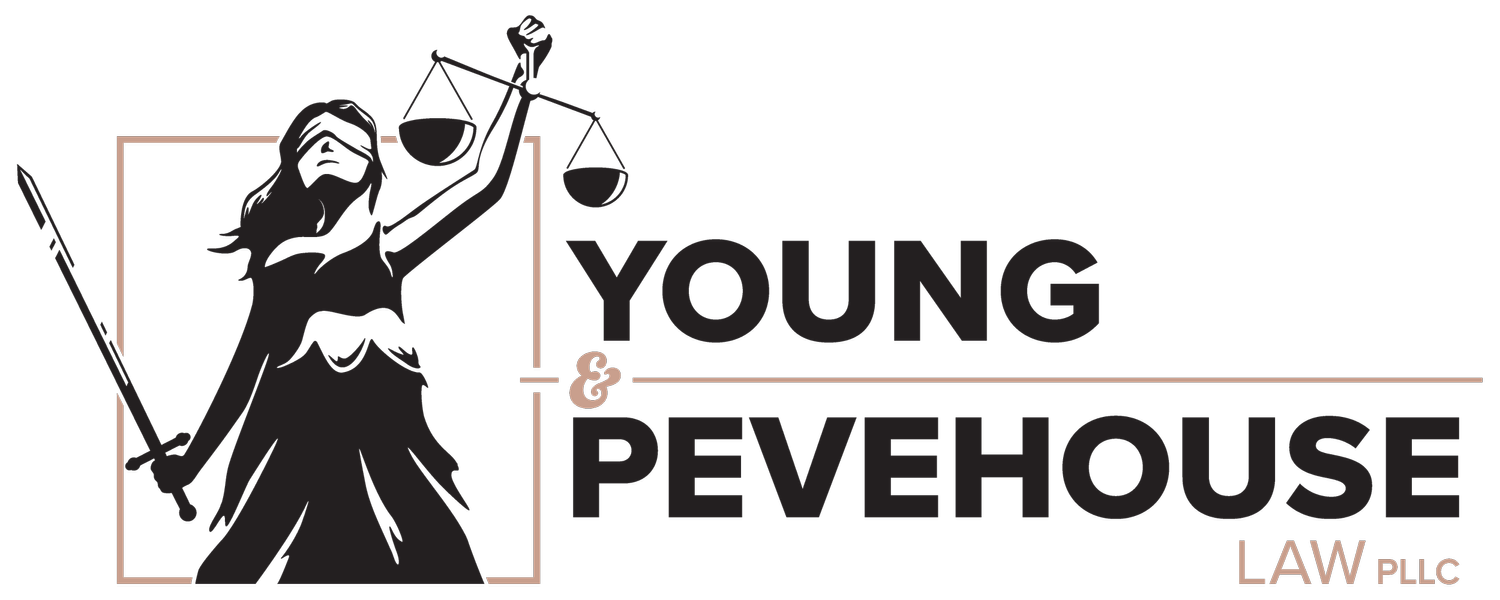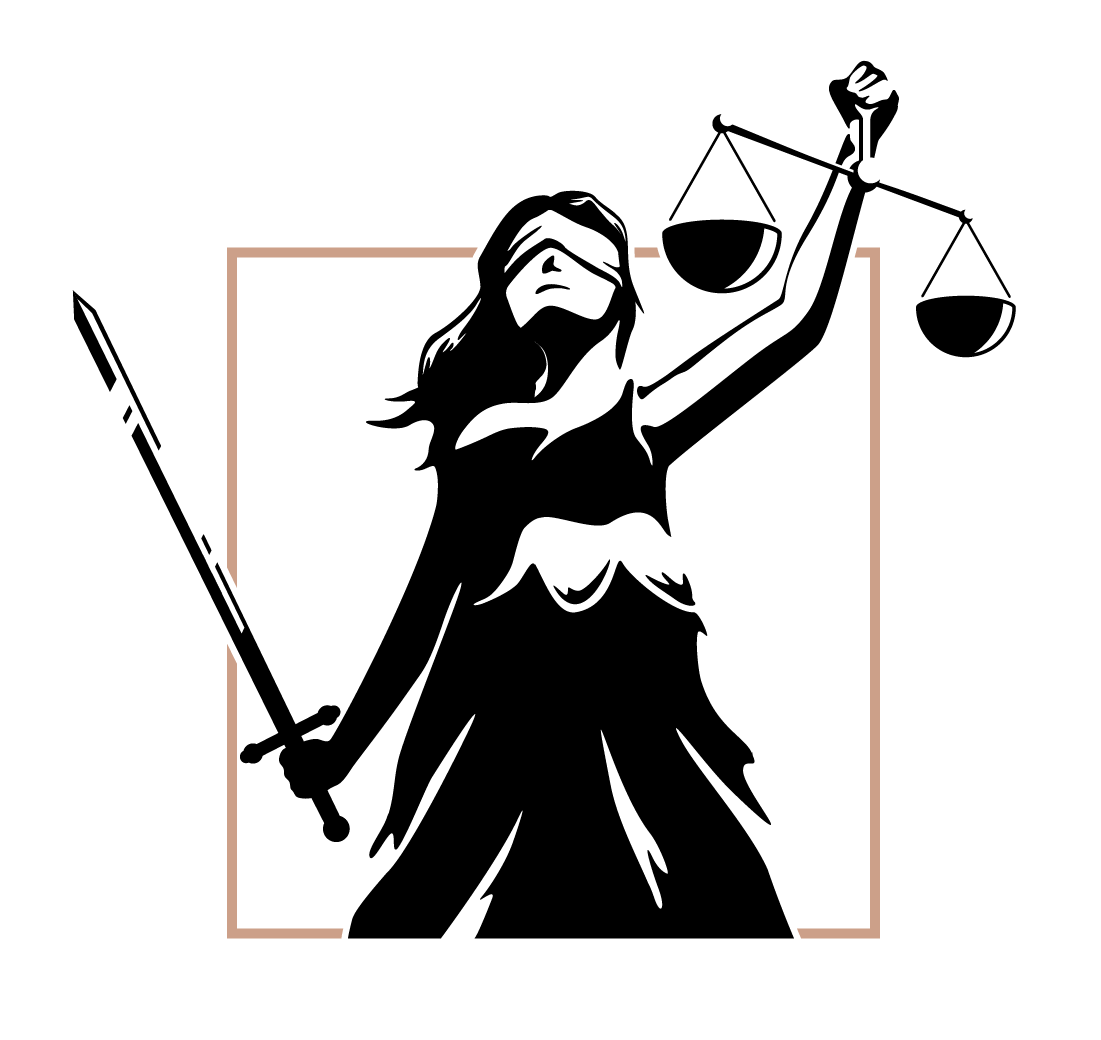How to Find the Right Lawyer for Your Needs
Choosing the right lawyer is a critical step in addressing your legal needs effectively. The right legal representation can make a significant difference in the outcome of your case, whether it's a personal issue or a business matter. Here’s a comprehensive guide to help you find the right lawyer for your specific needs.
Identify Your Needs
Type of Legal Issue:
Personal Matters: Determine if you need a lawyer for issues such as family law, estate planning, personal injury, or criminal defense.
Business Matters: Identify if your legal needs pertain to business formation, contracts, compliance, intellectual property, or dispute resolution.
Specialization:
Expertise: Look for lawyers who specialize in the area of law relevant to your case. Specialized lawyers have deeper knowledge and experience in specific fields.
Track Record: Review the lawyer's experience and success rate in handling cases similar to yours.
Research and Referrals
Referrals:
Personal Recommendations: Ask friends, family, or colleagues for recommendations. Personal referrals can provide valuable insights into a lawyer’s effectiveness and approach.
Professional Networks: Reach out to other professionals you trust, such as accountants or business advisors, who may have worked with reputable lawyers.
Online Reviews:
Legal Directories: Use online legal directories to find lawyers in your area and read client reviews. Websites like Avvo, Martindale-Hubbell, and Lawyers.com provide ratings and reviews.
Social Media: Check the lawyer’s presence on social media platforms and professional networks like LinkedIn to gauge their reputation and client feedback.
Bar Association:
Local Bar Association: Contact your local bar association for a list of qualified lawyers in your area. Bar associations can provide information on a lawyer’s credentials and any disciplinary actions.
Consultations and Compatibility
Initial Consultation:
Case Discussion: Schedule consultations with potential lawyers to discuss your case. This helps gauge their expertise and approach to your legal issue.
Fee Structure: Inquire about their fee structure, including hourly rates, retainer fees, and any additional costs. Ensure you understand how billing will work.
Communication:
Clarity: Choose a lawyer who communicates clearly, listens to your concerns, and explains legal terms in a way you understand.
Responsiveness: Assess their responsiveness to your queries and their availability to handle your case.
Comfort Level:
Trust Your Instincts: It’s important to feel comfortable and confident in your lawyer’s ability to handle your case. Trust your instincts when evaluating potential lawyers.
Professional Relationship: Consider whether the lawyer’s personality and working style align with yours, as a good professional relationship is crucial for effective collaboration.
Finding the right lawyer involves careful research and consideration. The right legal partner will provide you with the guidance and support needed to navigate your legal challenges effectively, ensuring your rights are protected and your interests are represented.

